Cold Turkey (1971)
“Stop smoking? You might as well ask me to stop breathing!”
|
Synopsis: |
|
Genres, Themes, Actors, and Directors:
Review: There are many noteworthy performances throughout the film, and it’s fun to see so many familiar T.V. faces together in one flick. Dick van Dyke is perfectly cast as the self-serving pastor who engineers the entire project; I like the way he re-addicts himself to cigarettes in order to bond with his “flock”. In addition, his interactions with his cowed wife (Pippa Scott, reminiscent of Carrie Snodgress in Diary of a Mad Housewife) are quite amusing. My two favorite performances, however, are Barbara Cason as a schoolteacher whose patience towards her students is immediately thinned once she stops smoking, and Tom Poston as a wealthy lush who recognizes that the only option he has is to skip town for the month (his explanatory monologue is priceless). Less enjoyable (surprisingly enough) is Jean Stapleton as the mayor’s wife (her performance is one-note), and, through no fault of his own, beloved character actor Edward Everett Horton (in his final role) as Valiant Tobacco’s aging tycoon — it’s frustrating that he’s never allowed to speak. Note: This would, naturally, make an excellent double feature with the more recent satire Thank You For Smoking (2005). Redeeming Qualities and Moments:
Must See? Categories
Links: |
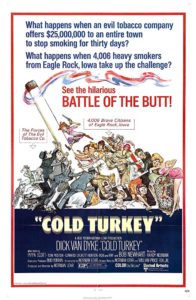



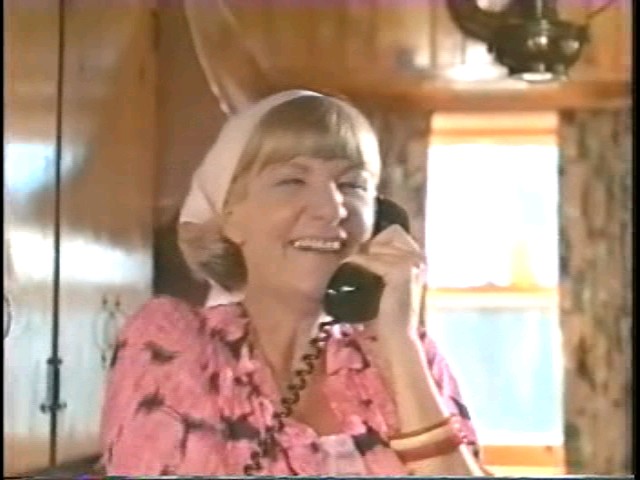
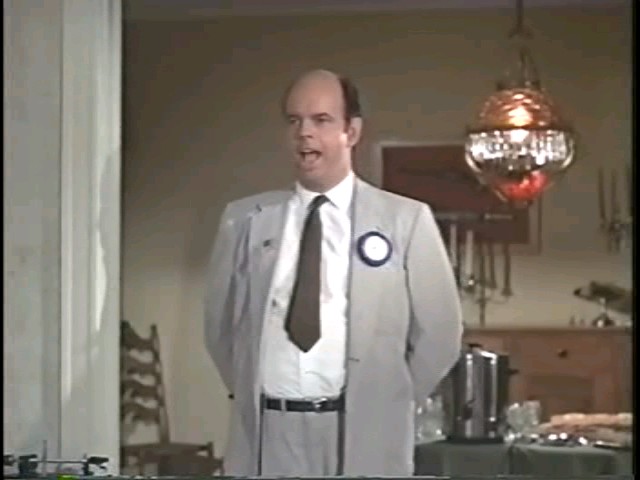
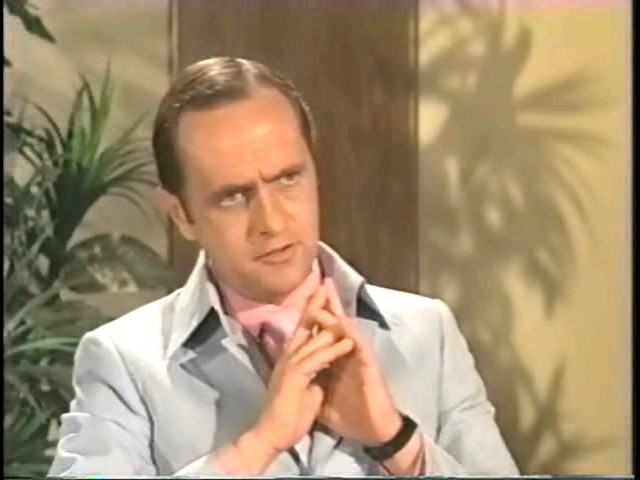

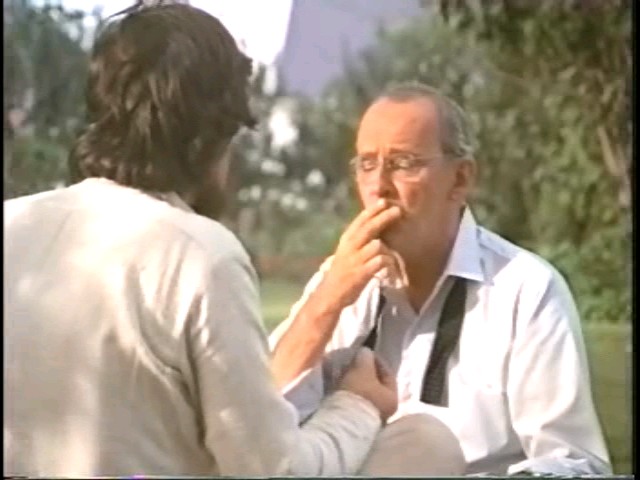
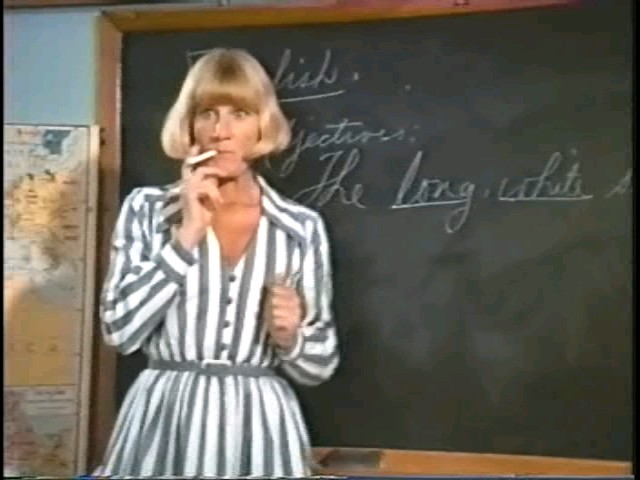
One thought on “Cold Turkey (1971)”
Not a must – but a pleasant-enough viewing experience.
Whereas I don’t think there are any out-and-out “groans”, there is not much that keeps one (i.e., me) more than generally amused. Occasional moments stand above: watch Newhart when he says, “This [idea] may be the…greatest thing since Creation.”; Cason’s bit about feeling “owed” another 1/2-hour is pretty funny; Barnard Hughes – playing a doctor, as he did in the same year’s ‘The Hospital’ – demanding a cigarette before he operates; etc.
At the same time, one often feels the stretch of ‘the joke’, and there are more longueurs than there should be. Part of the film seems under-developed (i.e., the problems in Van Dyke/Scott’s marriage and, oddly, some of the ground of withdrawal behavior), but that’s easily overlooked in a comedy. What’s less easy to overlook is something like (agreed) Stapleton’s strained, partly pointless performance.
The end – involving three accidental ‘murder attempts’ – is particularly odd, but the final bit is a nice touch.